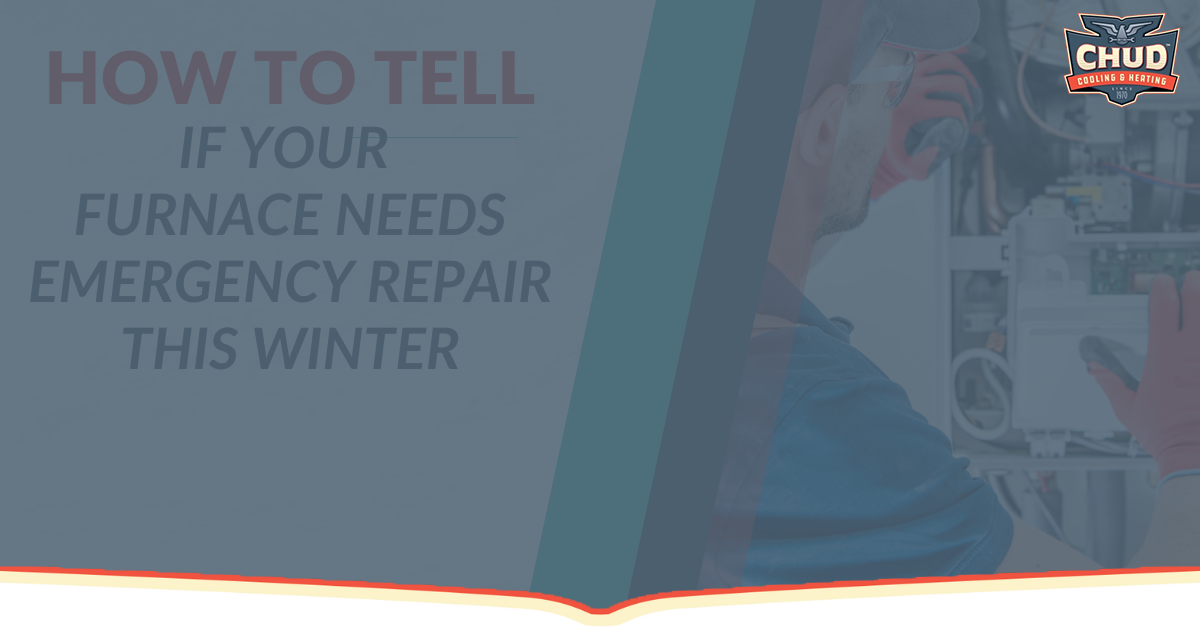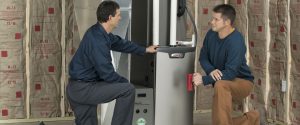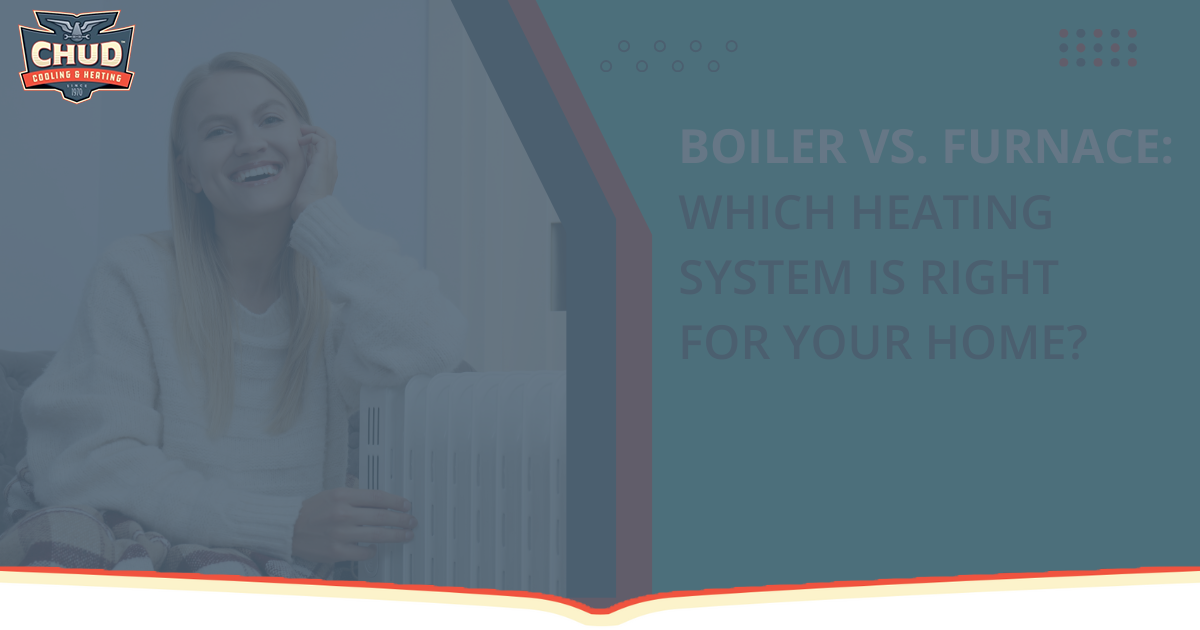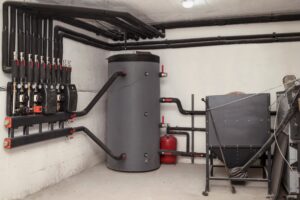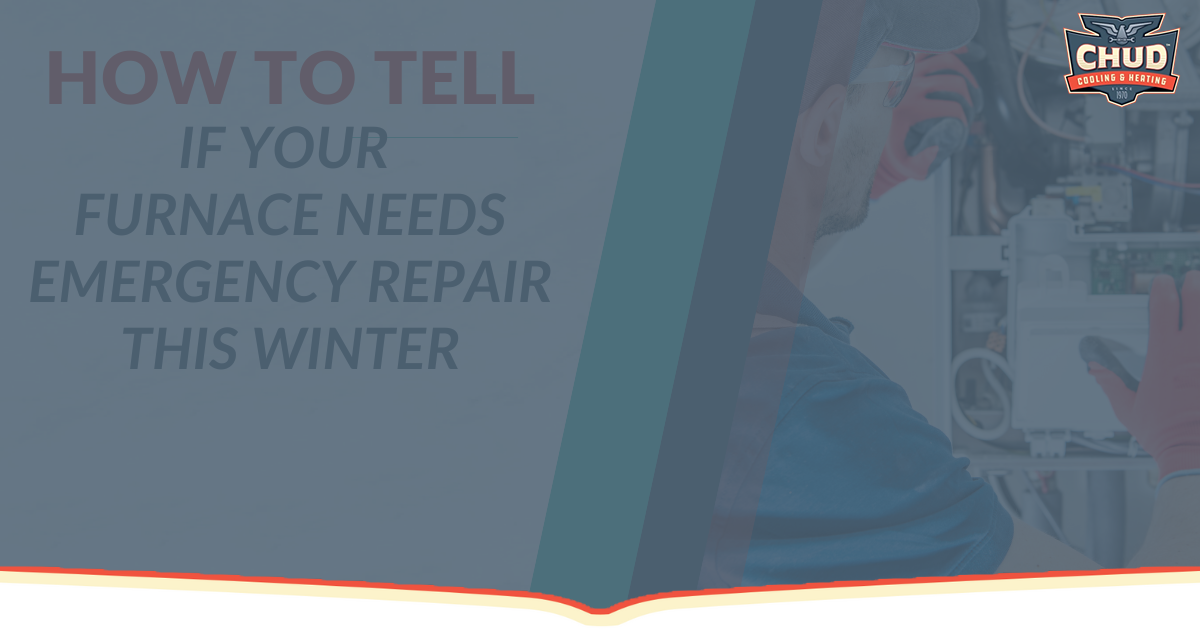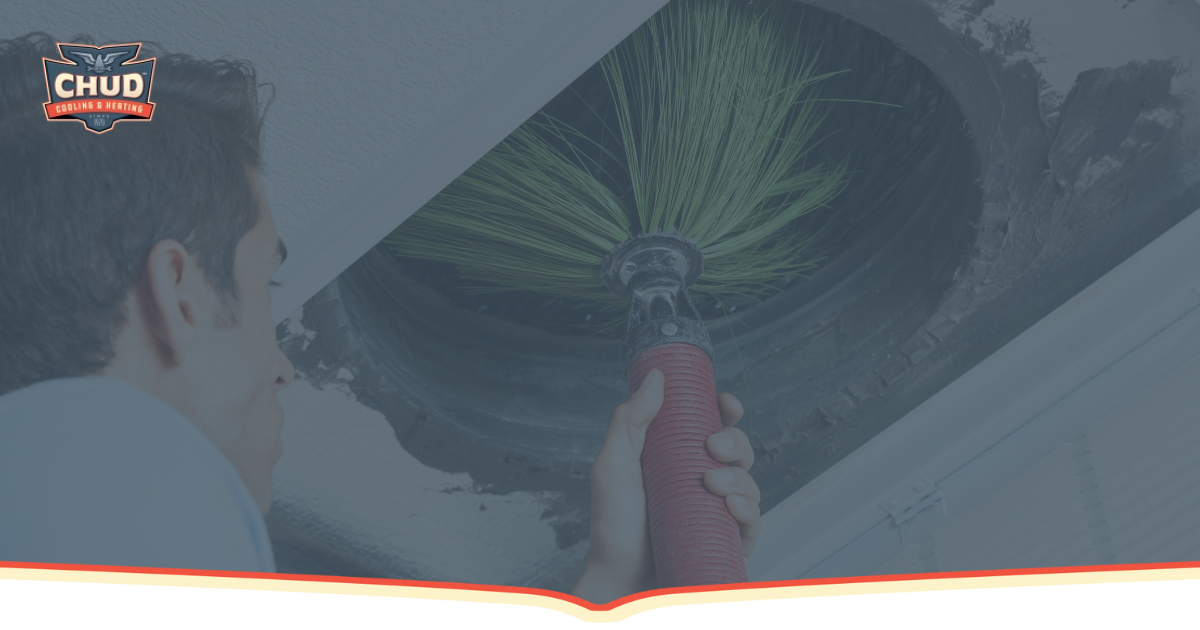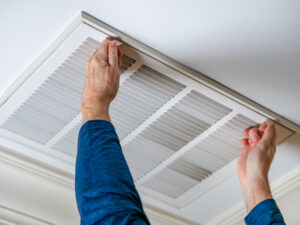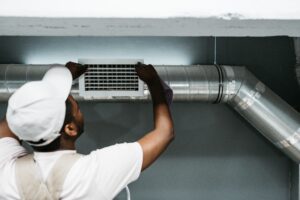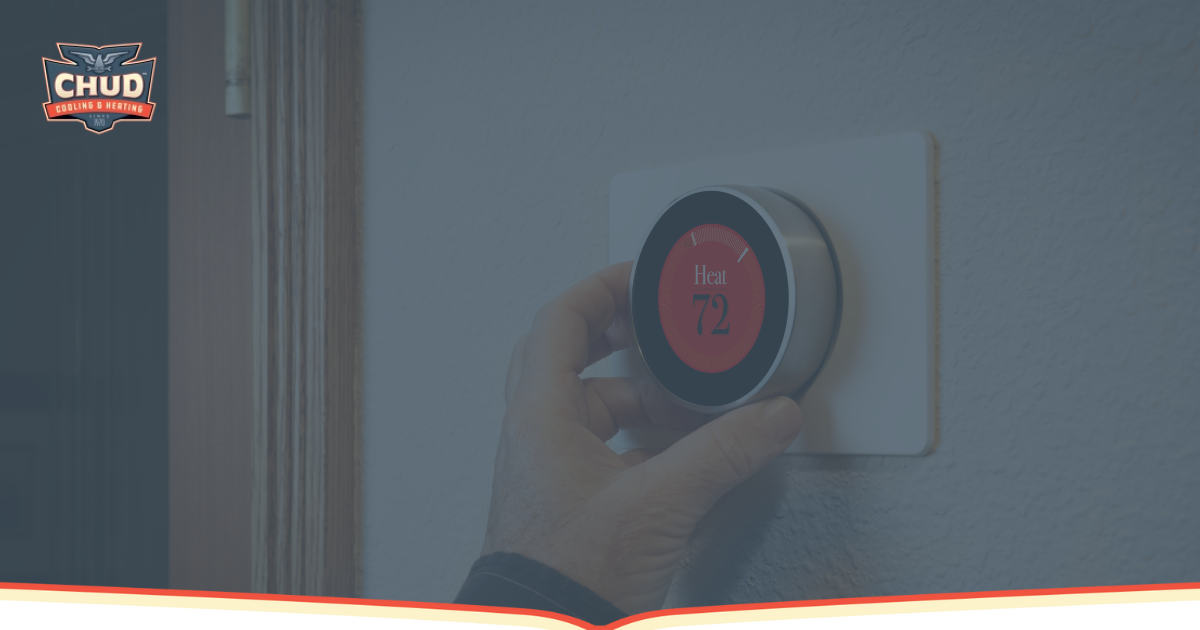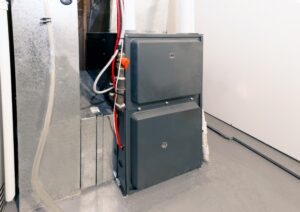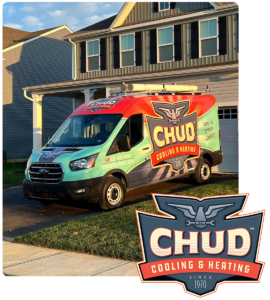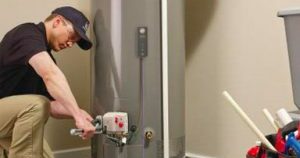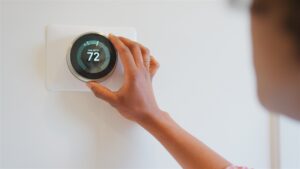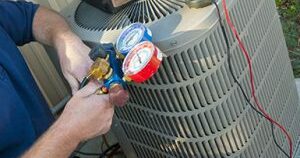How to Tell If Your Furnace Needs Emergency Repair This Winter
With winter temperatures regularly in the low 20s, a reliable furnace is a must-have in Abington, PA. While regular maintenance is the best way to prevent a furnace breakdown, it’s also helpful to know the signs that your furnace needs repairs so you can catch any issues early.
We’ll explore common furnace problems and how to tell if you need furnace repairs, as well as steps for what to do if your furnace stops working in the wintertime, so you’re ready for any furnace event.
Signs Your Furnace Needs Emergency Repair
The following heating system emergency warning signs can signal a furnace problem that needs quick expert help. If you notice any of these issues, call a pro immediately to prevent a furnace breakdown.
Heating Failure
If your furnace is not heating the house properly, or if your furnace is blowing cold air, it may be time for heating repair. The first step is to check your thermostat and make sure it’s set to the desired temperature, but if you’re still not getting the heat you expect, call an HVAC pro.
Triggering Gas or Carbon Monoxide Alarms
Carbon monoxide is odorless, so installing a carbon monoxide detector near your furnace is essential. If there is a carbon monoxide leak in your home, you may also feel tired, dizzy, or nauseous, or have a headache. Carbon monoxide is heavier than air, so it may impact pets quickly because they are usually lower to the ground.
Discolored or Flickering Pilot Light
The yellow pilot light signals an airflow issue in your furnace, which may be connected to carbon monoxide. The pilot light may be fully lit, or it may just be flickering. Although a pilot light can also indicate less serious issues, it’s always a good idea to call for HVAC repair if you notice the light has turned on.
Rising Energy Bills
A sudden spike or gradual, continuous increase in your energy bill can signal a furnace problem. Over the years, it becomes less efficient and requires more energy to deliver the same amount of heat.
Smells and Noises
Smells like sulfur, rotten eggs, or burning can all indicate issues with your furnace. It’s also important to keep an eye out for any unexpected noises. These can include clunking, grinding, or anything else out of the ordinary.
What to Do If Your Furnace Stops Working in the Winter
Common furnace problems in winter can be extra troublesome, especially during those snowy Abington nights. If you’re experiencing a winter furnace issue, follow these troubleshooting and safety steps:
Step one: Check the thermostat
Make sure your thermostat is on and set to the correct temperature. If it won’t turn on, you can try replacing the batteries and checking the connection.
Step two: Check the power supply
Sometimes, a power outage may trigger your breaker. Check that the breaker is active and the furnace is turned on.
Step three: Call a pro
If your thermostat and breaker are both working, it’s time to call an HVAC pro and schedule your furnace repair. Any troubleshooting inside the furnace requires expert knowledge and safety protocol, so it’s best to call an experienced technician.
Step four: Temporary heating sources
Plug in space heaters and cozy up under some warm blankets while you wait for your HVAC inspector to arrive.
Step five: Protect your pipes
If the temperature is below freezing, it’s recommended to protect your pipes to reduce the risk of leaks or bursting. Wrap exposed pipes in a towel or place a space heater nearby to keep water flowing smoothly.
Common Furnace Problems That Require Urgent Attention
While some furnace issues, like dirty filters, are a quick fix, other problems, like a gas leak or broken heat exchange, pose a high safety risk and require urgent professional repairs.
Gas Leaks
The smell of rotten eggs indicates that your furnace may have a gas leak. Turn off your furnace immediately, open your windows to ventilate the space, and evacuate the home. Once you’re outside, call an HVAC repair professional.
Broken Heat Exchanger
If your heat exchanger cracks, it can leak carbon monoxide. Your carbon monoxide alarm should alert you to this, but other signs may include:
Headaches, nausea, tiredness, or other feelings of illness
Water around the furnace
Soot on your furnace
Furnace Won’t Turn On
There are myriad reasons why your furnace may not turn on, from electrical signaling issues to broken components. You can start by checking your thermostat and breaker, but if both of these are working well, then you’ll need a pro to examine the interior components of your furnace.
Dirty Air Filters
Clogged or dirty air filters can degrade your air quality, interfere with furnace function, and make your furnace less efficient. Fortunately, this is easy to fix. Simply check your air filters and replace them if they look dirty or if they’ve been in use for longer than three months. If this doesn’t fix your furnace issue, call a pro for a more thorough inspection.
How to Prevent Furnace Breakdowns in the Future
The following steps are helpful ways to keep your furnace running smoothly and avoid costly furnace repairs:
Changing Filters
Filter maintenance is an easy DIY checkup that you can do at home. Try to inspect your furnace filters once a month and clean out any dirt and debris. It’s generally recommended to change your filters every three months or as specified by the manufacturer.
Regular Maintenance
A standard professional maintenance check includes inspecting the thermostat, controls, and condensate drain. Your HVAC pro will also tighten electrical connections, lubricate the system, and check the heating elements to make sure everything is up to code.
Annual Checkups
Energy Star recommends annual pre-season checkups, ideally in the late fall before the main furnace season. This helps catch any potential issues before winter so you don’t wind up with emergency repairs.
Call Chud for Emergency Furnace Repairs in Abington, PA
Whether you’re experiencing a furnace emergency or simply looking for a routine checkup, Chud Cooling and Heating delivers the expertise you need. Our licensed pros are ready to help year-round, with support for a wide variety of furnace makes and models. Contact us to book your repairs and go from cold to comfortable today.
